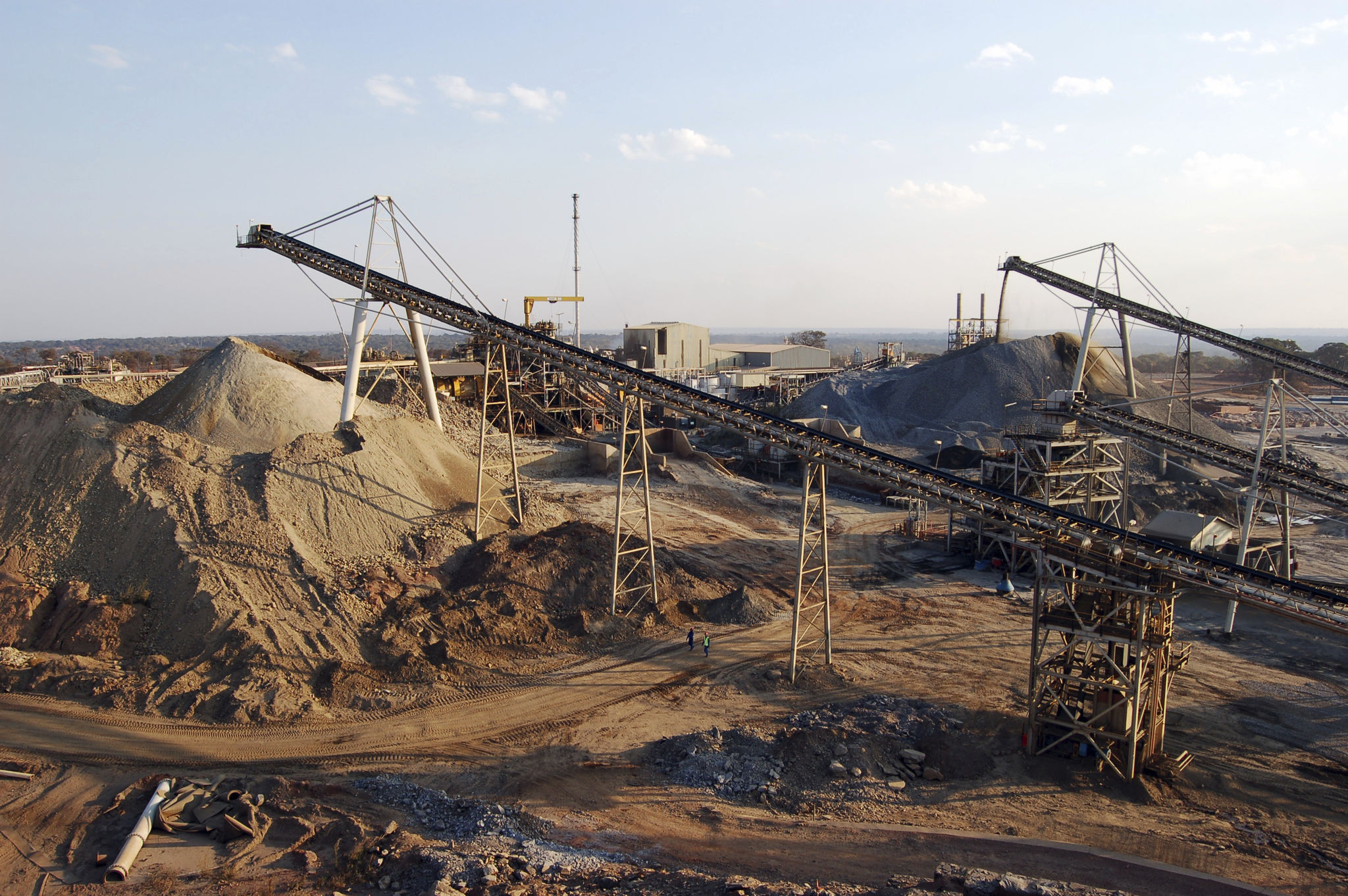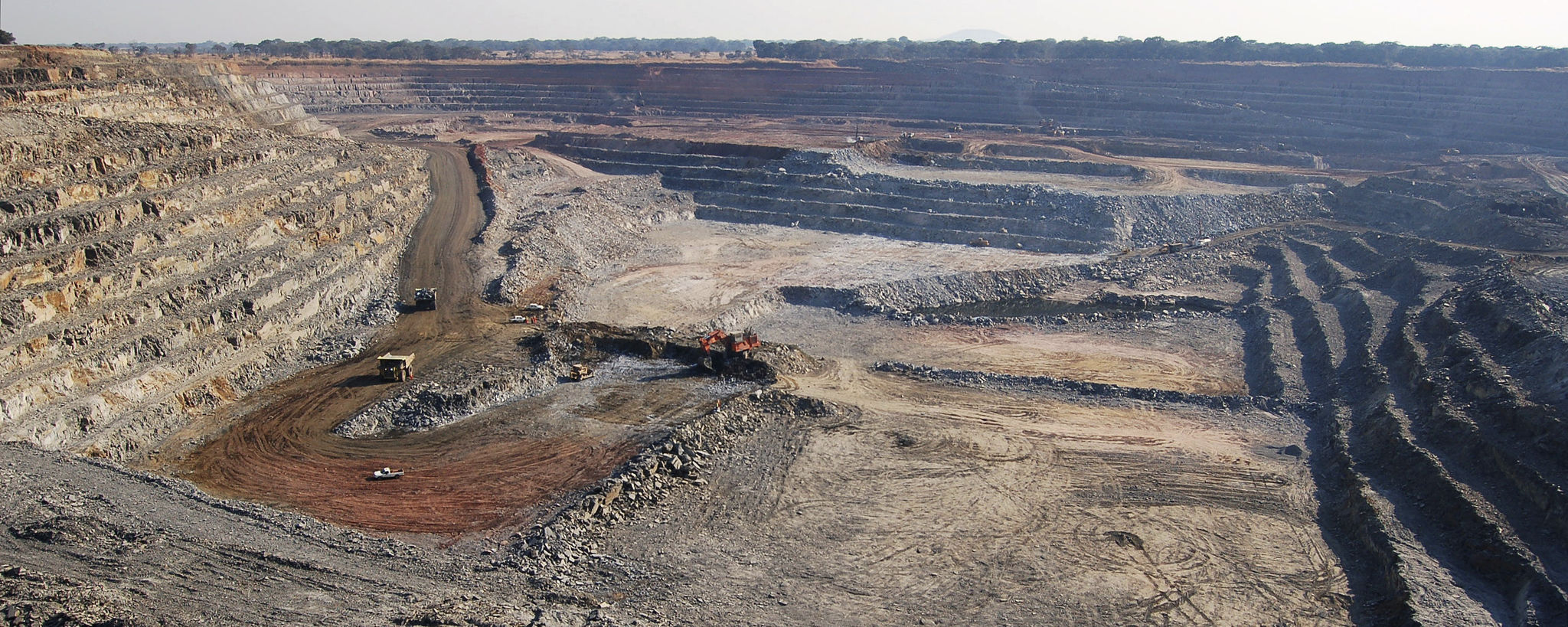How to Navigate the Regulatory Landscape of Mining in Zambia
Understanding Zambia's Mining Regulatory Framework
Navigating the regulatory landscape of mining in Zambia can be a complex task due to various laws and regulations governing the industry. To succeed, mining companies must thoroughly understand the legal requirements and ensure compliance. The mineral-rich country offers lucrative opportunities, but adhering to local legislation is key to sustainable operations.
The Zambian government regulates mining operations through the Ministry of Mines and Minerals Development. This body is responsible for overseeing all mining activities and ensuring that companies adhere to environmental and safety standards. Additionally, the Mines and Minerals Development Act is the cornerstone of mining regulation, outlining the procedures for obtaining licenses and permits.

Obtaining Mining Licenses and Permits
For companies looking to engage in mining activities in Zambia, acquiring the appropriate licenses and permits is a critical first step. The process involves several stages, each requiring specific documentation and adherence to regulatory standards.
Types of Licenses
There are different types of licenses available, depending on the scale and nature of the mining activity. These include:
- Prospecting License: Allows for exploration and assessment of mineral resources.
- Mining License: Grants permission for commercial extraction of minerals.
- Artisan's Mining Right: Permits small-scale mining operations.
Each license type has distinct requirements regarding application procedures, fees, and duration. Companies must carefully evaluate which license suits their operations best.

Environmental Compliance and Community Engagement
Mining companies are obligated to adhere to environmental regulations to minimize their impact on Zambia's diverse ecosystems. Environmental Impact Assessments (EIAs) are mandatory and must be conducted before commencing any mining activity. These assessments help identify potential environmental risks and outline measures to mitigate them.
Additionally, community engagement plays a crucial role in the regulatory framework. Mining companies must work closely with local communities to ensure that their operations are beneficial to all stakeholders. This includes providing employment opportunities, infrastructure development, and contributing to social programs.
Key Environmental Regulations
The Environmental Management Act outlines guidelines for sustainable mining practices. Companies must comply with waste management standards, air quality controls, and land rehabilitation procedures. Failure to adhere to these regulations can result in penalties or suspension of mining activities.

Taxation and Financial Regulations
Zambia's mining sector is subject to specific taxation laws designed to ensure that the industry contributes fairly to the national economy. Understanding these financial regulations is essential for maintaining compliance and optimizing operational costs.
Main Types of Taxes
The primary taxes applicable to mining companies include:
- Mineral Royalty Tax: A percentage of the gross value of minerals extracted.
- Corporate Income Tax: Levied on the profits generated by mining operations.
- Value-Added Tax (VAT): Applicable to goods and services used in mining.
Keeping abreast of any changes in tax legislation is crucial for effective financial planning and ensuring full compliance with Zambian law.

Conclusion: Navigating Successfully
Navigating the regulatory landscape of mining in Zambia requires a comprehensive understanding of the legal framework, environmental responsibilities, and financial obligations. By staying informed and engaging transparently with regulatory bodies and local communities, mining companies can ensure sustainable and profitable operations.
In conclusion, proactive compliance with Zambia's mining regulations not only facilitates smooth business operations but also fosters positive relationships with stakeholders, contributing to long-term success in the industry.
